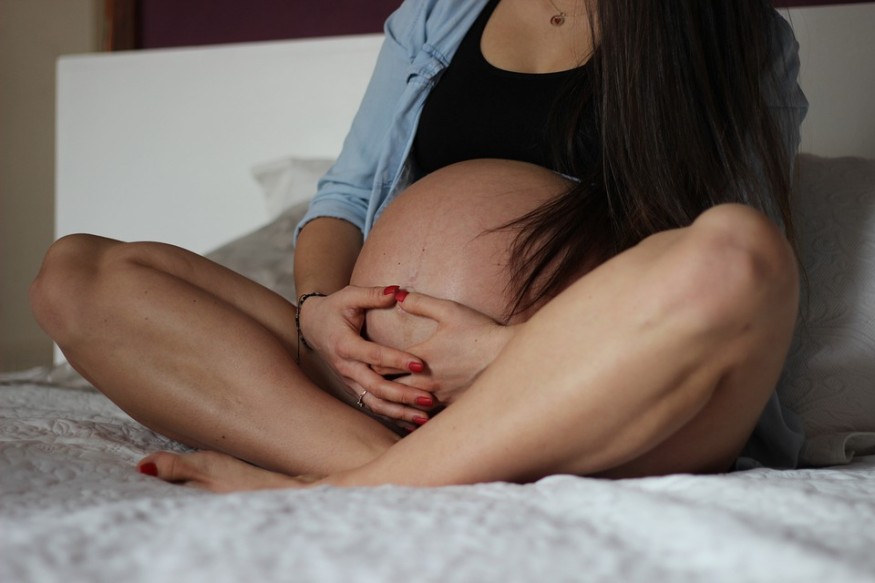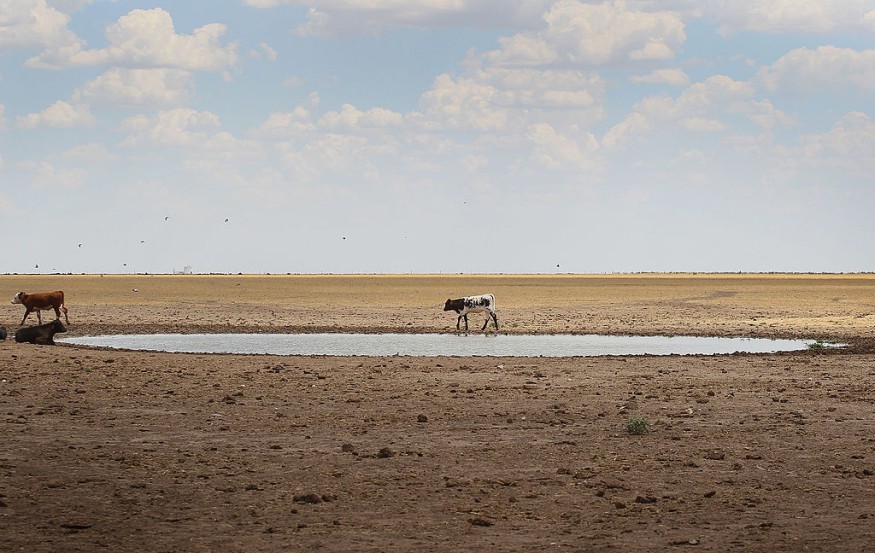Rising temperatures, pollution, and wildfires contribute to an increase in the risk of preterm delivery.
The effects of rising temperatures resulting from climate change on fetuses, newborns, and infants have been discovered in research worldwide.
According to scientists from six independent studies, climate change is causing an increased risk of preterm delivery, greater hospitalization of young children, and weight growth in newborns.

Paediatric and Perinatal Epidemiology just issued a special issue on the independent investigations.
An increasing body of research shows that excessive heat, storms, and wildfire smoke might raise the risk of preterm delivery, according to guest editors Professor Gregory Wellenius and Professor Amelia Wesselink from the Boston University School of Public Health.
Related Article : Can Climate Change Cause More Stillbirths?
Preterm Births

Preterm births were shown to be 16 percent more common in locations suffering heatwaves in one of the investigations. Between 2004 and 2015, researchers studied one million pregnant women in New South Wales, Australia's high-temperature area.
Similar results were found in a research conducted in Harris County, Texas, between 2007 and 2011, examining the relationship between ambient heat and spontaneous preterm delivery. The chance of preterm delivery was 15% the day after moms were exposed to heatwave temperatures.
Another study published in the journal identified correlations between high temperature and weight increase during the first year of life in 200,000 births in Israel. Five percent of those exposed to nighttime temperature had a greater risk of fast weight gain than the other 20%.
Supporting Research

According to a supporting research, as the frequency and severity of wildfires in the western United States have grown considerably over the last two decades, an uncommon ailment commonly related to air pollution among pregnant women has increased by 32%. According to Prof Wellenius and Prof Wesselink, fetal gastroschisis is an uncommon abdominal wall abnormality that is "growing in occurrence."
"The evidence is clear: climate hazards, particularly heat and air pollution, do adversely impact a wide range of reproductive, perinatal, and pediatric health outcomes," the professors and co-editors wrote in a special edition of the journal looking at rising temperatures, wildfires, and pollution on babies and fetuses.
"Decisional and rapid action on adaptation is required due to the predicted rate of future climate change, as well as the resultant repercussions on our physical and mental health and wellbeing."
Marginalized Women
The findings also indicated that women from more marginalized communities are considerably more likely to be exposed to climatic risks and that they are also less resistive to the consequences of these hazards owing to systemic and structural oppression, according to academics.
'Our climate has already altered fundamentally as a result of human activity, and these changes are widely damaging to our health, with some areas and people being harmed far more than others,' they concluded. '...the human right to preserve personal bodily autonomy, have children, not have children, and raise the children we have in safe and sustainable societies,' according to reproductive justice.
When climate change's reproductive, perinatal, and pediatric health consequences are not addressed immediately, reproductive inequities will continue to persist and intensify, with the most marginalized people losing their capacity to conceive and raise their children safely."
Also Read : Too Late? Amazon Greenhouse Study Shows Worsening Climate Conditions Despite Initiatives
For more climate change related news, don't forget to follow Nature World News!
© 2025 NatureWorldNews.com All rights reserved. Do not reproduce without permission.





